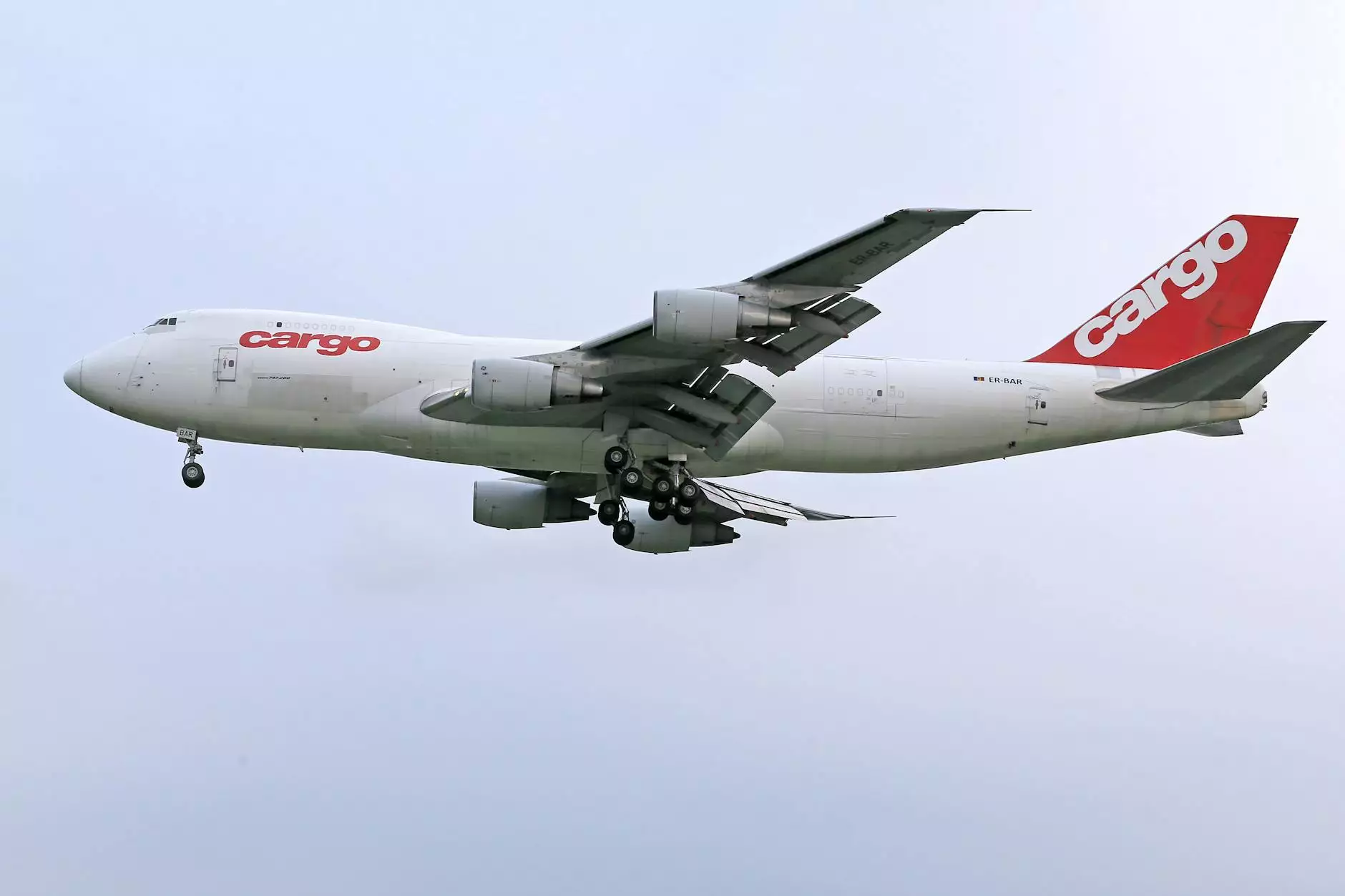The Ultimate Guide to Air Cargo Quotations: Boosting Your Shipping Efficiency

In today's fast-paced business environment, the importance of efficient logistics cannot be overstated. Many businesses rely on air freight to ensure their products reach customers promptly. A key component in managing this aspect of logistics is obtaining accurate air cargo quotations. In this comprehensive guide, we will explore what these quotations entail, how to leverage them for your business operations, and the significant benefits they offer.
What are Air Cargo Quotations?
Air cargo quotations are estimates provided by freight forwarders or airlines that outline the costs associated with shipping goods via air. These quotations typically include several costs such as transportation fees, fuel surcharges, handling charges, and any applicable taxes or tariffs. Understanding these quotes is crucial for businesses to budget accurately and make informed shipping decisions.
Components of Air Cargo Quotations
When requesting air cargo quotations, it is vital to be aware of the various components that can affect pricing. The following are key elements to consider:
- Weight and Dimensions: The size and weight of your cargo play a crucial role in determining overall shipping costs. Airlines use these factors to calculate pricing based on volumetric weight.
- Distance: The distance between the origin and destination impacts the quotation significantly. Longer distances usually incur higher shipping costs.
- Type of Goods: Different types of cargo are treated differently. Hazardous materials or perishables may attract higher fees due to special handling and transportation considerations.
- Delivery Speed: Express services will result in higher quotations as they prioritize speed over cost. Standard delivery services are generally more economical.
- Insurance Options: If your cargo is valuable or sensitive, consider including insurance in your quotation. This will protect you from potential losses in transit.
How to Request Air Cargo Quotations
Obtaining air cargo quotations is a straightforward process, but it is essential to approach it systematically to ensure you get the most accurate estimates. Here are steps to follow:
1. Gather Cargo Details
Before requesting a quotation, collect all necessary information about your cargo, including:
- Type of goods
- Weight and dimensions
- Packaging details
- Origin and destination
- Desired shipping date
- Any special handling requirements
2. Choose Reliable Freight Forwarders or Airlines
Select reputable companies that specialize in air cargo services. You can find valuable information on freight forwarders through online research, industry forums, or recommendations from business peers.
3. Submit Your Request
Contact your chosen freight forwarders or airlines, and provide them with the detailed information about your shipment. Request a formal air cargo quotation, and ensure they include all applicable charges and terms.
4. Compare Quotations
Once you have received multiple quotes, compare them. Look beyond just the pricing; consider factors such as:
- Delivery timeframe
- Reputation and reliability of the service provider
- Customer service availability
- Insurance and liability coverage
The Importance of Air Cargo Quotations in Business
Understanding air cargo quotations is vital for any business that relies on shipping to maintain its operations. Here are several reasons why these quotations matter:
Cost Management
Accurate quotations allow businesses to budget effectively. By knowing in advance what shipping will cost, companies can allocate resources more efficiently, minimizing unexpected expenses.
Improved Shipping Decisions
With detailed air cargo quotations, businesses can make informed shipping decisions. For instance, they can choose between different service providers based on cost, speed, and reliability, ensuring that they meet their logistics goals.
Competitive Advantage
Businesses that master the art of obtaining and analyzing air cargo quotations can operate more efficiently than their competitors. This advantage enables them to offer better pricing to customers and adapt quickly to market changes.









